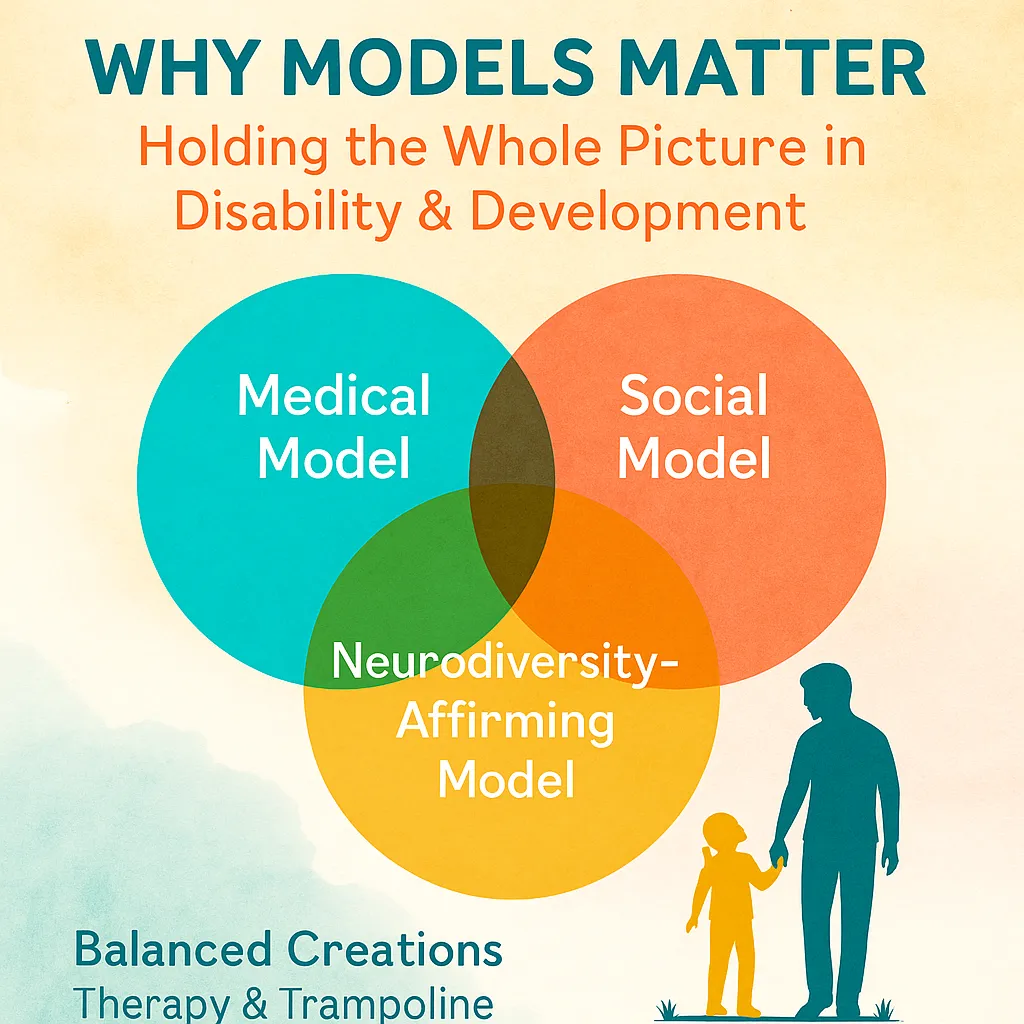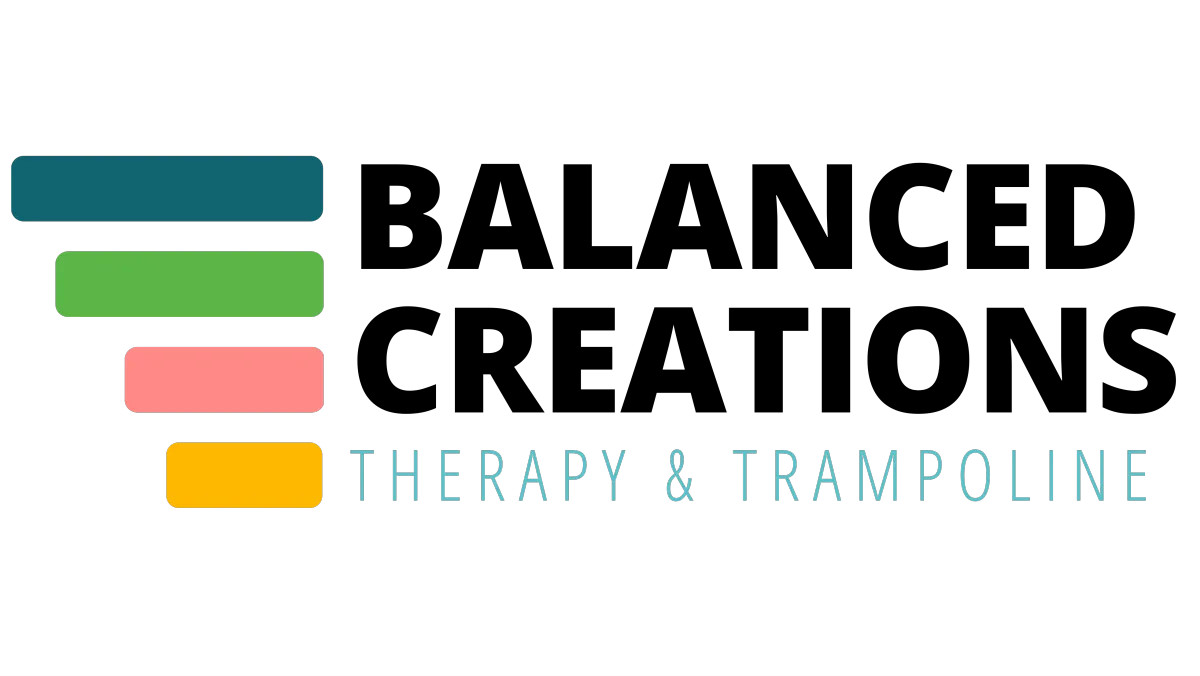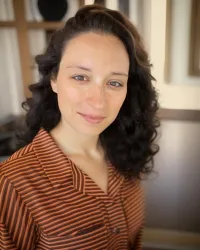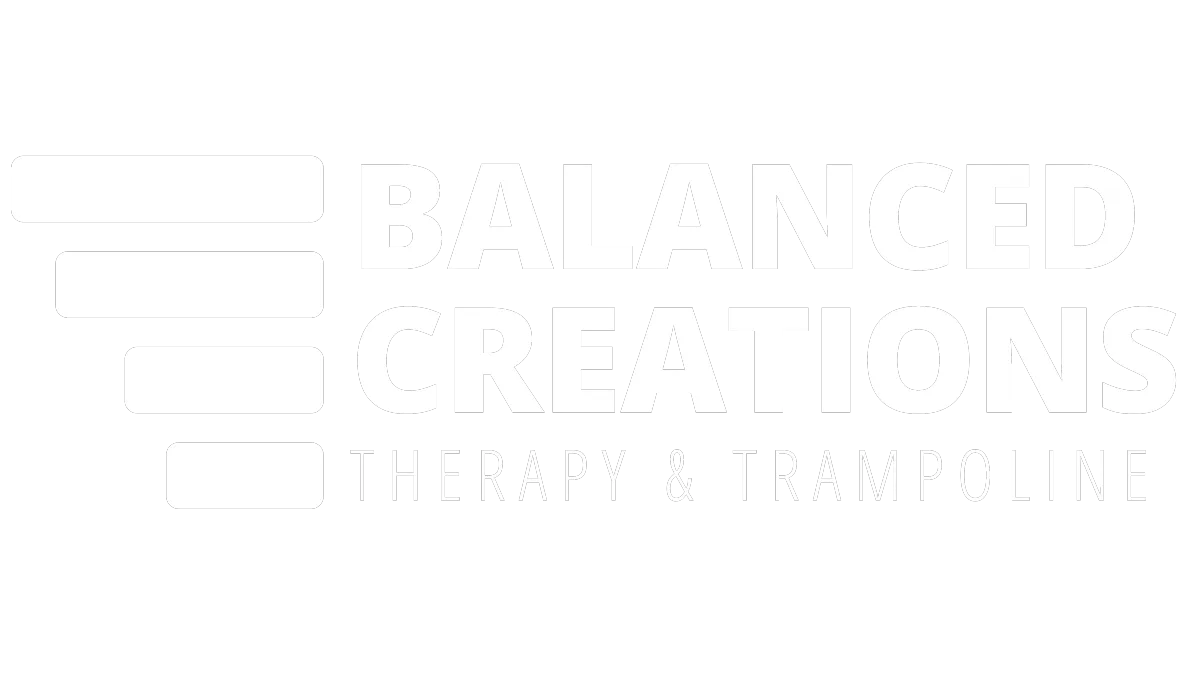Privacy Policy
Resources for Parents and Clinicians

Why Models Matter: Holding the Whole Picture in Disability & Development
The other day, I came across a quote from a mom of a medically complex child that stopped me in my tracks:
“Me watching people argue over whether autism is genetic or environmental, knowing they are all partially correct but also not wanting to have to explain how nuanced the topic is to people who are only capable of black and white thinking.”
I felt that.
But maybe in a more gentle way—because I do want to explain.
I believe it’s part of my job.
As a pediatric physical therapist and adaptive gymnastics specialist, I sit at the intersection of many conversations. Families come to me navigating diagnoses, developmental differences, and big, overwhelming questions:
Why is my child struggling with this?
What can I do to help?
Who can help them thrive?
The truth is—it’s complicated.
There are layers. There are models.
And there’s not always one “right” way to see it.
We need all the models, all the lenses, and all the people in the room.
The Models That Guide Us
Here are three of the most common frameworks used in disability and neurodiversity work—each one offering something valuable:
Medical Model
This model sees disability as stemming from a health condition or impairment. Its goal is to diagnose, treat, and manage symptoms—and that work is essential.
Genetics matter. Biology matters. Medical teams help us understand the “why” behind complex conditions. Their contributions can be life-changing, especially for children who need interventions, medications, surgeries, or specialized care.
I collaborate with physicians and specialists often, and I’m deeply grateful for what they offer to a child’s journey.
Social Model
This model shifts the focus from the individual to the environment. It asks: What’s getting in the way?
Is it the physical space? The expectations? The systems?
The social model brought us ramps, IEPs, inclusion laws, and anti-discrimination protections. It reminds us that the challenge isn’t always the body—sometimes, it’s the barriers around it.
Neurodiversity-Affirming Model
This model views neurological and developmental differences as natural variations in how human brains and bodies work—not deficits to be fixed.
It centers dignity, autonomy, and lived experience.
It asks: Is this person struggling because of their body—or because their body isn’t being supported in the way it needs?
This lens encourages us to honor sensory needs, communication styles, emotional safety, and self-advocacy—not just motor milestones or checklists.
Building the Village
These aren’t competing frameworks.
They’re different perspectives—and we need all of them.
I can’t change someone’s DNA or diagnose their condition.
But I can help that child feel strong, safe, and seen in movement.
I can’t prescribe medication.
But I can help families bridge the gap between the medical world and everyday life.
I can’t change the entire system overnight.
But I can teach coaches, parents, and communities how to adapt, include, and respond with empathy.
Sometimes that means teaching a new motor skill.
Sometimes it means modifying equipment.
Sometimes it means embracing a child’s unique way of moving through the world.
Always—it means showing up with care.
Holding the Whole Picture
When we let each model do its job—when we honor both genetics and environment, both medical treatment and social change—we build a more complete support system.
Not just for kids, but for the families and professionals who love them.
At Balanced Creations, we stand in the middle of that picture.
We use science, empathy, and movement to help kids live more comfortably in their bodies—without asking them to be someone they’re not.
Because thriving doesn’t come from one approach.
It comes from many.
Let’s Build the Village Together
We believe in the power of collaboration—between professionals, parents, and perspectives. If you’re looking for support that honors the whole child and the whole village, we’re ready to meet you there.
Ready to help your child thrive? Contact us today to schedule a consultation for pediatric physical therapy in Fort Worth, Texas.
Last Updated: 03/23/2024
Your privacy is of utmost importance to us. We've formulated this policy to help you comprehend how we collect, use, communicate, and protect your personal information.
When you visit our website, https://www.balancedcreationspt.com/, we gather certain information about your browsing session.
Similar to other websites, we use "cookies" and server logs to track how our site is utilized. This data may include visit timestamps, viewed pages, time spent on our site, and previous and subsequent websites visited, along with your IP address.
Use of Cookies:
Cookies are tiny text files stored on your computer by websites you visit. Our site may send cookies to your browser for an enhanced browsing experience.
IP Addresses:
Your IP address is collected automatically by our server to understand your demographic and profile data, known as "traffic data."
Email Information:
Correspondence via email is securely retained, including email content, addresses, and responses. We ensure the same level of security for electronic communications as other forms of correspondence.
How Do We Use Your Information?
Personal information is used to administer our business, provide customer service, and offer our products and services. We don’t gather personal data unless it's voluntarily provided, and we don’t sell or transfer such information without user consent.
Email Policies:
We value your email privacy and won’t disclose your email address to third parties. Your email address is solely used to deliver relevant information and updates.
CAN-SPAM Compliance:
We comply with the CAN-SPAM Act and ensure that our emails are clearly identifiable and include opt-out instructions.
External Links:
Our website may contain links to external sites. We don’t guarantee the accuracy of information on these sites and aren't responsible for their content.
Intellectual Property Rights:
All intellectual property rights on our website content remain with Balanced Creations Physical Therapy, PLLC, DBA: Balanced Creations Therapy & Trampoline.
Use of Testimonials:
Testimonials shared on our site reflect individual experiences maintaining HIPAA compliance.
How Do We Protect Your Information?
We employ SSL encryption for secure data transmission. Email isn’t a secure communication medium, and we advise against sharing sensitive information via email.
Policy Changes:
We reserve the right to amend this policy without notice. Rest assured, your personal information won't be used inconsistently with the terms of this policy without your consent.
Refund & Chargeback Policy:
We don’t allow refunds or chargebacks once services commence and invoices are paid unless otherwise stated.
Contact:
For inquiries about this policy or our website dealings, contact us at: [email protected]
Copyright by Balanced Creations Physical Therapy, PLLC dba Balanced Creations Therapy & Trampoline - 2024.
All Rights Reserved.



